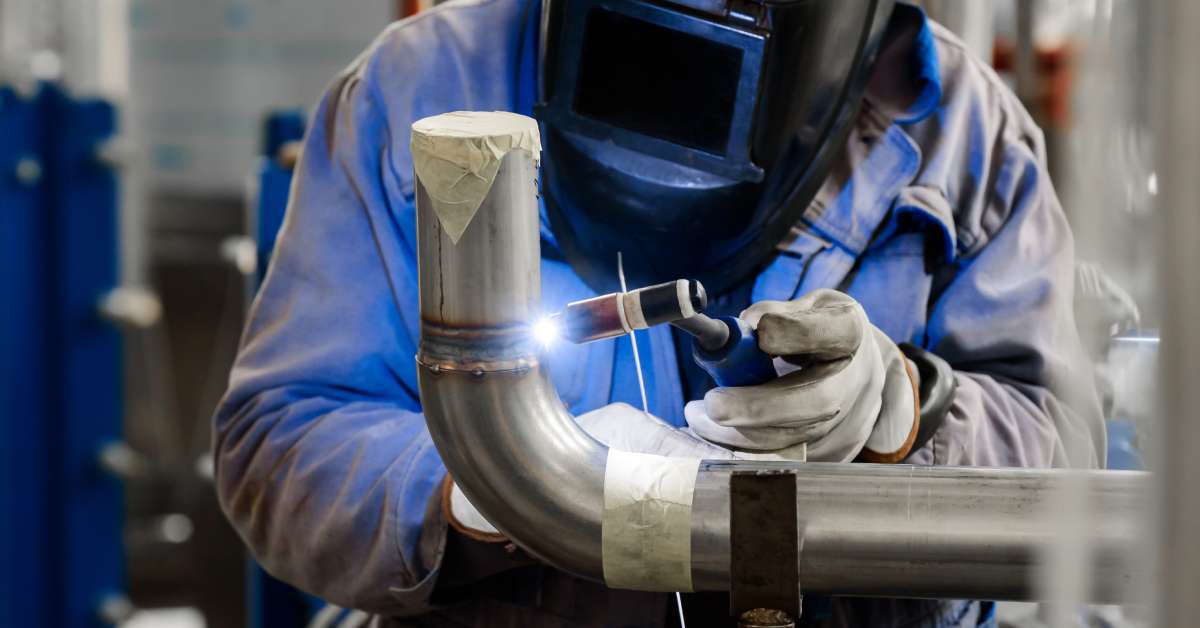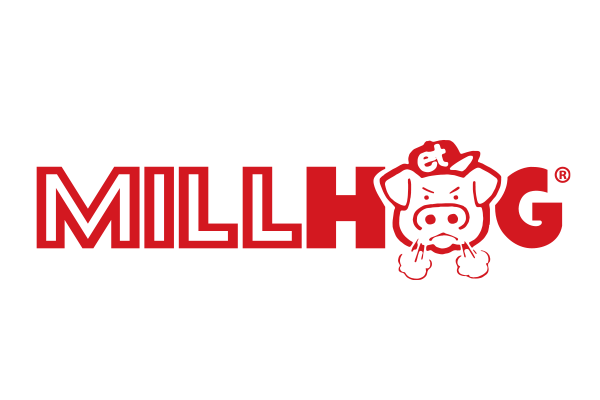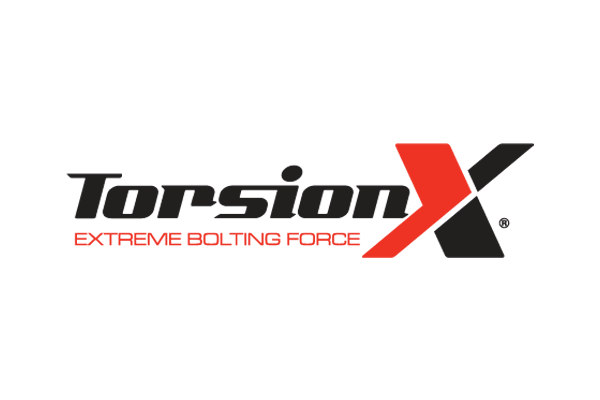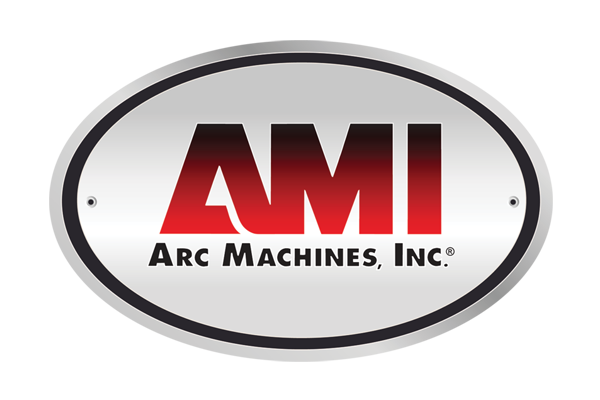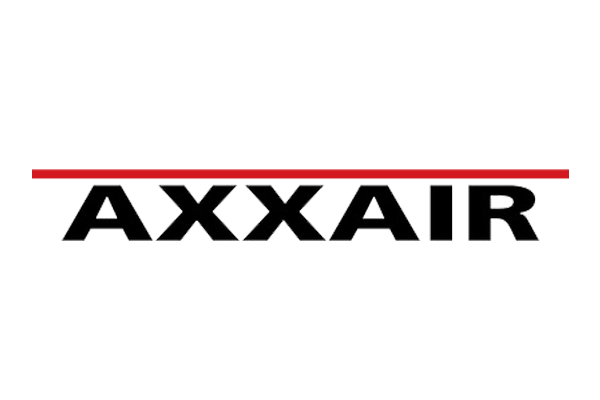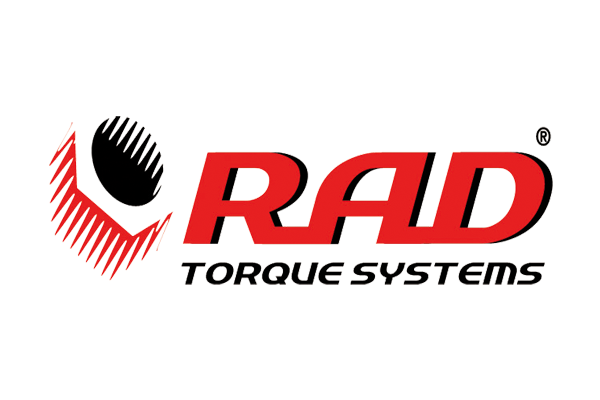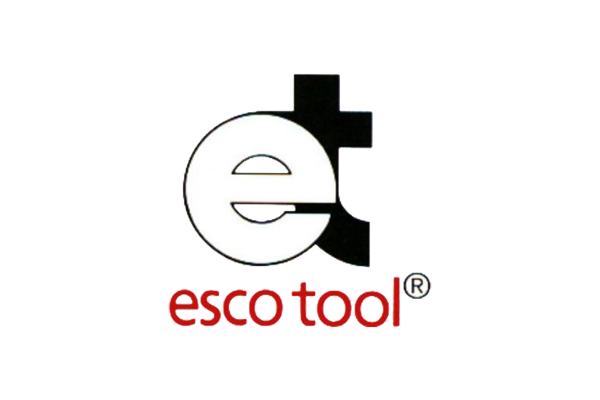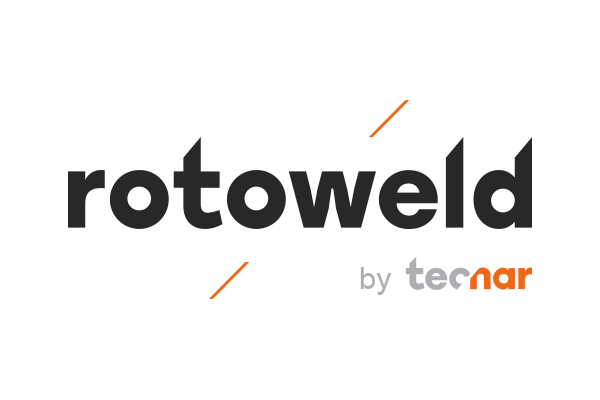Challenges and Solutions in AMI Orbital Pipe Welding
Orbital pipe welding presents a unique set of challenges that can significantly impact project timelines and quality. As industries increasingly rely on high-performance piping systems, the need for efficient and precise welding techniques becomes paramount. Let’s look at some challenges and solutions in AMI orbital pipe welding to understand how these techniques can be successfully implemented in industrial settings.
Common Challenges in AMI Orbital Pipe Welding
One of the primary challenges in AMI orbital pipe welding is achieving consistent weld quality across various materials and thicknesses. Variability in pipe dimensions can lead to difficulties in fitting, increasing the risk of defects such as incomplete fusion or excessive penetration. Additionally, the equipment requires precise calibration and maintenance to ensure reliability, and any mechanical failure can halt production. Operators also face the challenge of gaining expertise in using sophisticated welding machines, which necessitates extensive training.
Furthermore, environmental conditions, such as temperature and humidity, can affect welding outcomes, making it crucial to establish controlled settings. Addressing these challenges involves investing in quality equipment, regular training, and meticulous planning to ensure optimal outcomes in welding operations.
Innovative Solutions for Efficiency
To address the challenges posed by AMI orbital pipe welding, innovative solutions are being implemented to improve efficiency and overall quality. First, the integration of advanced automation technologies can enhance precision, allowing for consistent weld quality across different materials and thicknesses. Utilizing welding simulation software helps operators practice and refine their skills in a virtual environment, reducing the learning curve associated with complex machinery.
Additionally, real-time monitoring systems can detect equipment malfunctions early, minimizing downtime and ensuring that calibration remains within required specifications. Applying predictive maintenance strategies helps operators identify potential issues before they arise, further mitigating risks associated with mechanical failures. Finally, creating a robust training program focused on both theoretical and hands-on experiences equips operators with the necessary skills to manage sophisticated welding processes effectively.
Best Practices for Quality Assurance
Implementing best practices for quality assurance in AMI orbital pipe welding is essential for maintaining high standards and reducing the likelihood of defects. Establishing rigorous inspection protocols is vital—this includes performing visual inspections, conducting non-destructive testing (NDT), and maintaining documentation for traceability. Regular calibration and maintenance of welding equipment ensure optimal performance and weld integrity.
Additionally, fostering a culture of continuous improvement encourages operators to provide feedback on processes and equipment, leading to innovative solutions and efficiency gains. Furthermore, adhering to industry standards and certifications, such as ISO and ASME codes, can enhance credibility and trust with clients. Lastly, promoting collaboration among welders, supervisors, and engineers facilitates knowledge sharing and helps address emerging challenges proactively, ensuring consistent quality across all projects.
AMI orbital pipe welding presents both significant challenges and innovative solutions that collectively shape the efficiency and quality of piping systems in various industries. By understanding the common obstacles—such as achieving consistent weld quality and operating advanced equipment—companies can proactively implement strategies that enhance training, maintenance, and inspection protocols. Embracing advanced automation and real-time monitoring further contributes to improved outcomes and reduced downtime.
If your next project requires AMI orbital fusion welding, SEC Industrial has the expertise and experience to deliver exceptional results. Contact us today for more information on how we can support your piping system needs.
